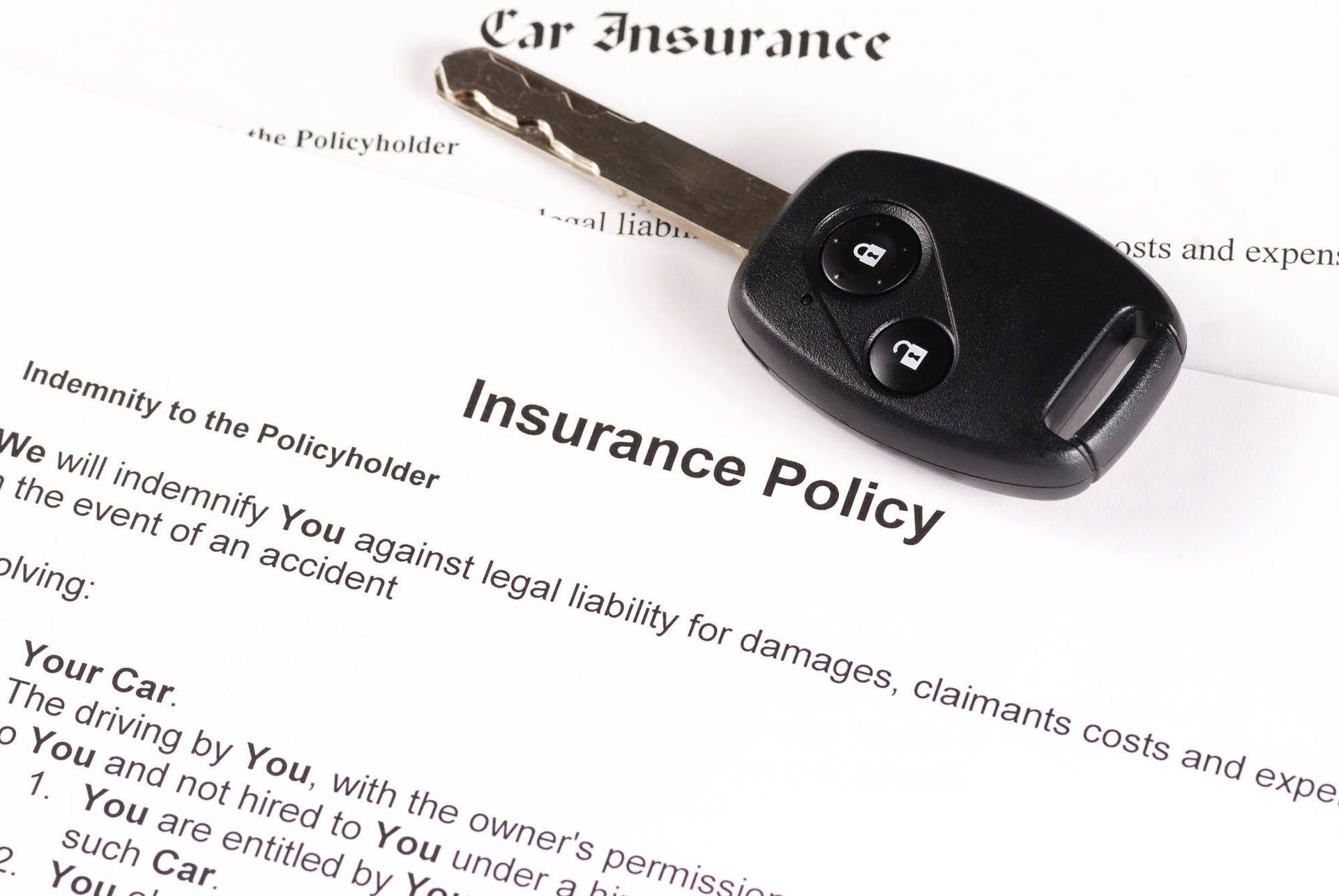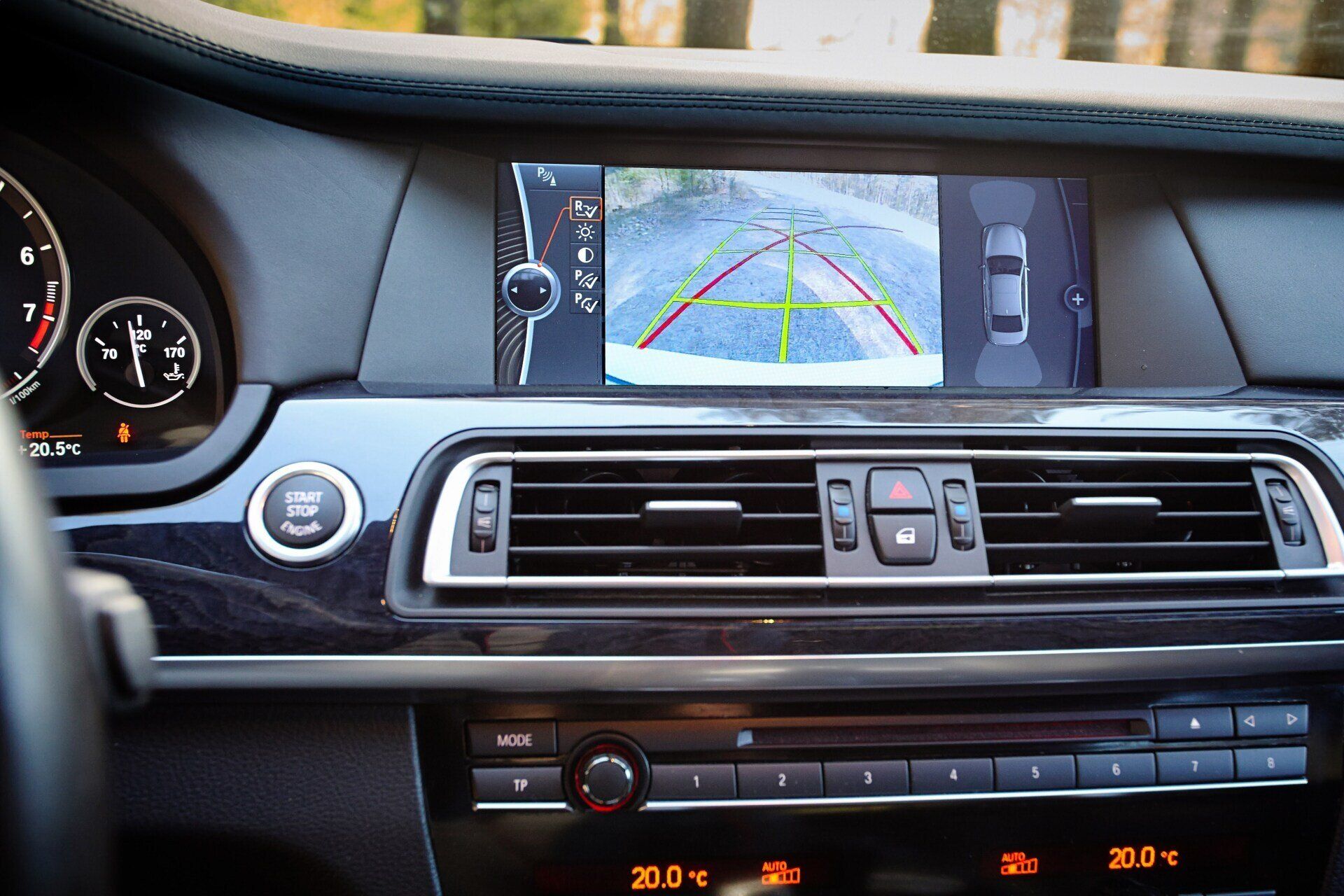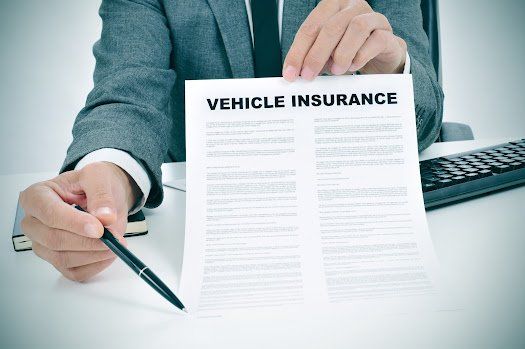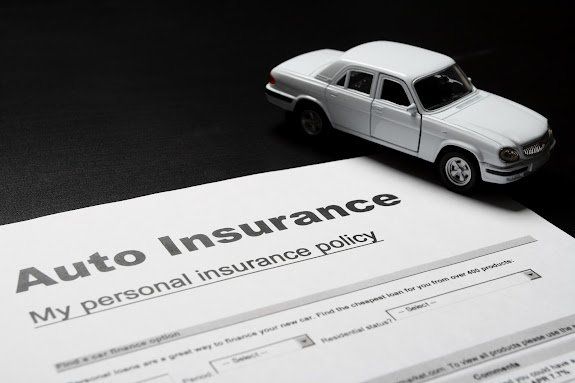Car Insurance Rates | Germain Insurance Agency
- By Germain Insurance Agency
- •
- 26 Jul, 2022
- •

Insuring your car saves you from financial constrictions in the event of an accident. Car insurance premiums vary from individual to individual. Insurance companies consider a few factors when determining how much you should pay in car insurance premiums.
Let's look at some factors car insurance companies consider when setting prices.
Credit Score
Raising your credit score might get you a lowered price for your coverage.
Age
The higher the risk of you getting into accidents and filing an insurance claim, the higher you pay in insurance premiums.
Driving History
The good news is that your driving record is something you can work on and improve your insurance rates. Taking a defensive driving course reduces your risk of accidents and helps promote a clean driving record. Over time, keeping a clean driving record could save you from high insurance costs.
Type of Car
Other companies will consider how safe you are when driving the car and how much damage your car type can cause to other motorists. Your insurer will use data about your car type and determine the risk levels when calculating an ideal insurance rate for you.
Mileage
If you are a driver who is always on the road and has lengthy commutes from one point to the next, you are likely to pay more in car insurance. A driver who rarely uses their car will, on the other hand, pay less for car insurance.
Location
Due to the increased accident rates in urban areas than in rural areas, drivers living in urban areas might pay higher insurance premiums than people in rural areas. Also, you might pay more insurance premiums if you live in regions that periodically experience harsh weather, such as hailstorms.
Drivers living in areas with high medical and car repair costs might also have to pay higher insurance premiums.
Insurance Company
Your choice of an insurance company will significantly affect how much insurance premiums you pay. Different companies have different insurance rates. Doing your due diligence when choosing an ideal insurance company to cover your car should get you a fair insurance rate.
You have a better chance of getting an ideal insurer for your car if you understand the factors that influence car insurance rates.
At Germain Insurance Agency, we ensure you get the best rates by linking you with the best car insurance companies. Contact us today.









